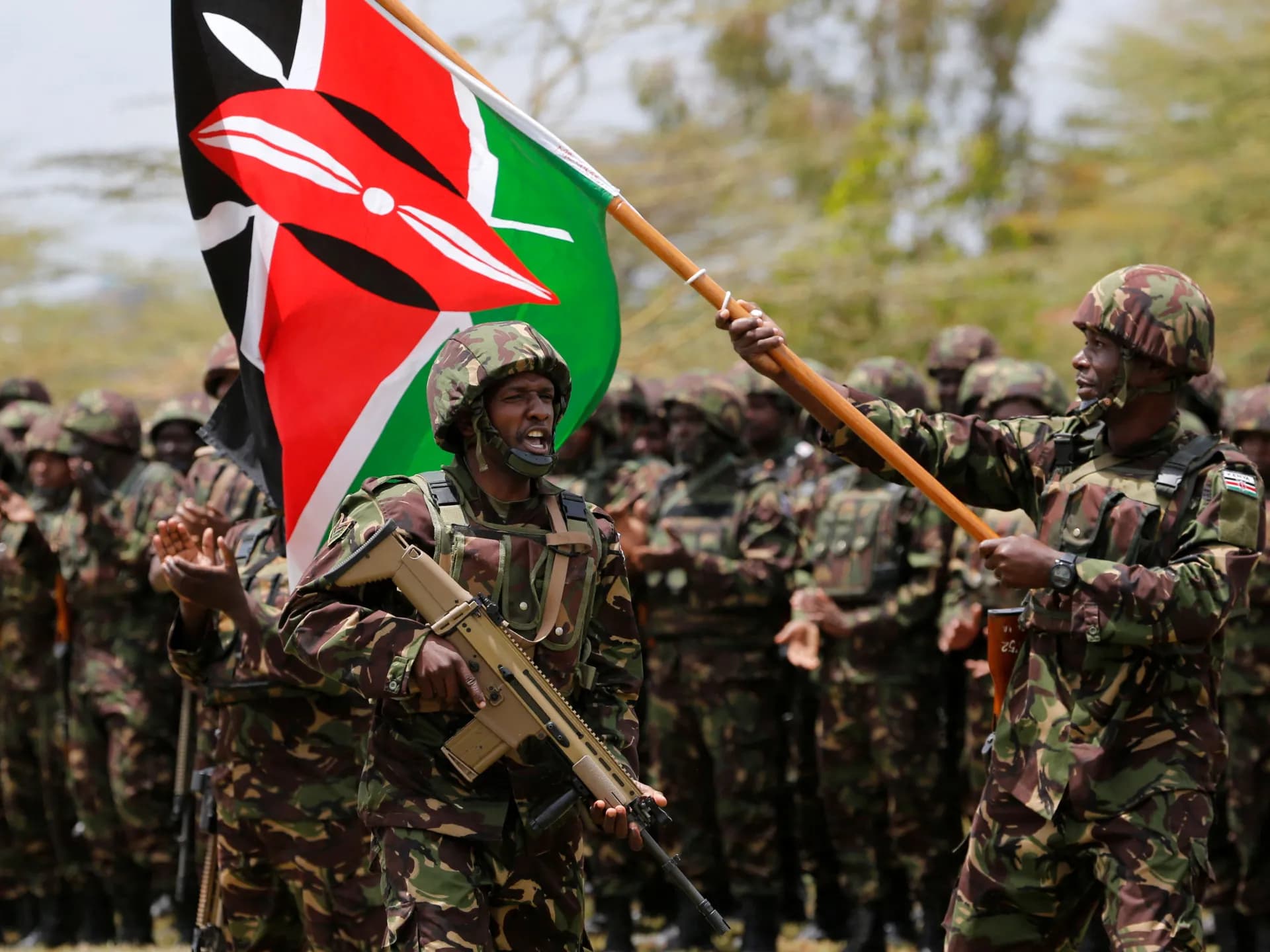We're loading the full news article for you. This includes the article content, images, author information, and related articles.
An elite military unit in Madagascar has announced it has taken control of the government following weeks of youth-led protests, with President Andry Rajoelina reportedly having fled the country

Madagascar's elite military unit, the Corps of Personnel Administration and Technical and Administrative Services (CAPSAT), declared on Tuesday, October 14, 2025, that it has seized power from President Andry Rajoelina. Colonel Michael Randrianirina, head of CAPSAT, announced the military's takeover outside the presidential palace in Antananarivo, stating that a government would be formed and elections held within two years. Key democratic institutions, including the electoral commission, have been suspended.
President Rajoelina's current whereabouts remain unknown, though he stated he was in a "safe place" following an alleged assassination attempt by "military personnel and politicians." His office denounced the military's actions as an "attempted coup d'etat," insisting he remains in charge. However, reports suggest Rajoelina may have fled the country, possibly with assistance from France, a claim France has not confirmed.
The military's intervention follows weeks of widespread protests, primarily led by a youth movement dubbed "Gen Z Madagascar." These demonstrations, which began on Thursday, September 25, 2025, were initially sparked by persistent power and water outages but quickly escalated into broader grievances against corruption, poverty, and limited job opportunities. Around 75% of Madagascar's 30 million people live in poverty, according to the World Bank.
A turning point occurred on Saturday, October 11, 2025, when CAPSAT, a unit that previously supported Rajoelina's rise to power in 2009, joined the protesters. This defection significantly bolstered the anti-government movement, with soldiers and protesters celebrating together in the capital.
In a significant development, Madagascar's High Constitutional Court declared the presidency officially vacant on Tuesday, October 14, 2025. The court cited President Rajoelina's inability to perform his duties due to his absence from the country, deeming it a "passive abandonment of power." The court subsequently invited Colonel Michael Randrianirina to assume the functions of head of state and mandated that presidential elections be held within 60 days.
Earlier on Tuesday, the National Assembly voted to impeach Rajoelina, disregarding his decree to dissolve parliament. The impeachment motion passed with 130 votes in favour, exceeding the two-thirds constitutional threshold.
The African Union (AU) Peace and Security Council (PSC) convened an emergency session on Wednesday, October 15, 2025, to address the constitutional rupture in Madagascar. The Southern African Development Community (SADC) has also expressed deep concern, with its chairperson, Peter Mutharika, urging all stakeholders to uphold constitutional governance and engage in inclusive dialogue. The United Nations reported at least 22 deaths and over 100 injuries in clashes between security forces and protesters, figures the government disputes.
The precise whereabouts of President Rajoelina remain unconfirmed, as do the full details of his alleged departure from the country. The composition and timeline for the formation of the proposed civilian government by CAPSAT are also yet to be fully outlined. While the High Constitutional Court has invited Colonel Randrianirina to assume interim leadership, the practicalities of this transition and the military's adherence to the 60-day election mandate will be closely watched.
The international community, including the AU and SADC, is expected to continue monitoring the situation closely and may consider further actions to facilitate a return to constitutional order. The role of youth movements in shaping Madagascar's political future will also be a key area to observe.
Keep the conversation in one place—threads here stay linked to the story and in the forums.
Sign in to start a discussion
Start a conversation about this story and keep it linked here.
Other hot threads
E-sports and Gaming Community in Kenya
Active 9 months ago
The Role of Technology in Modern Agriculture (AgriTech)
Active 9 months ago
Popular Recreational Activities Across Counties
Active 9 months ago
Investing in Youth Sports Development Programs
Active 9 months ago